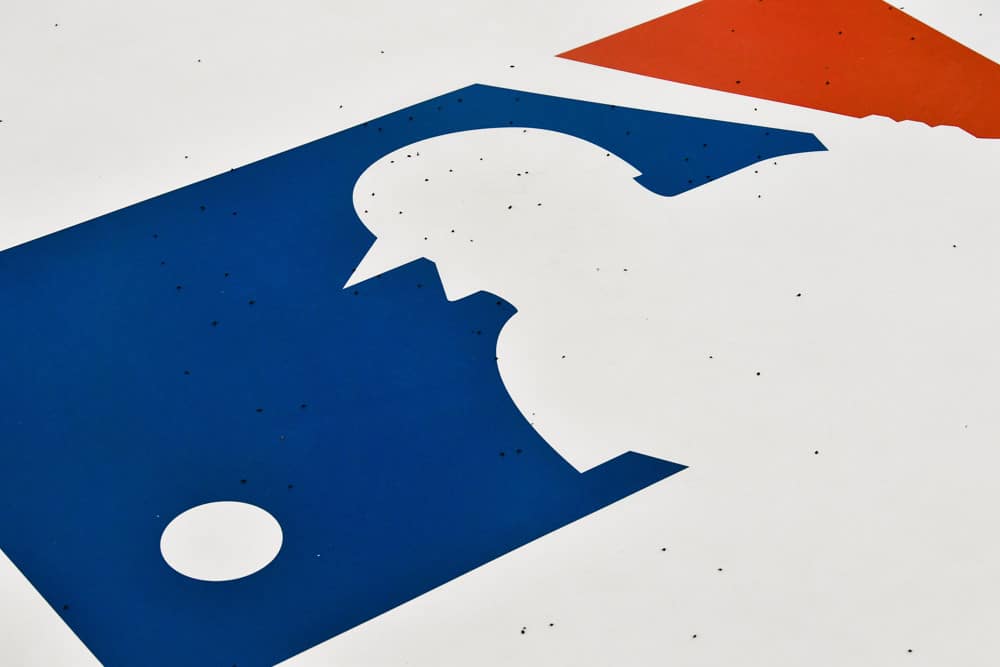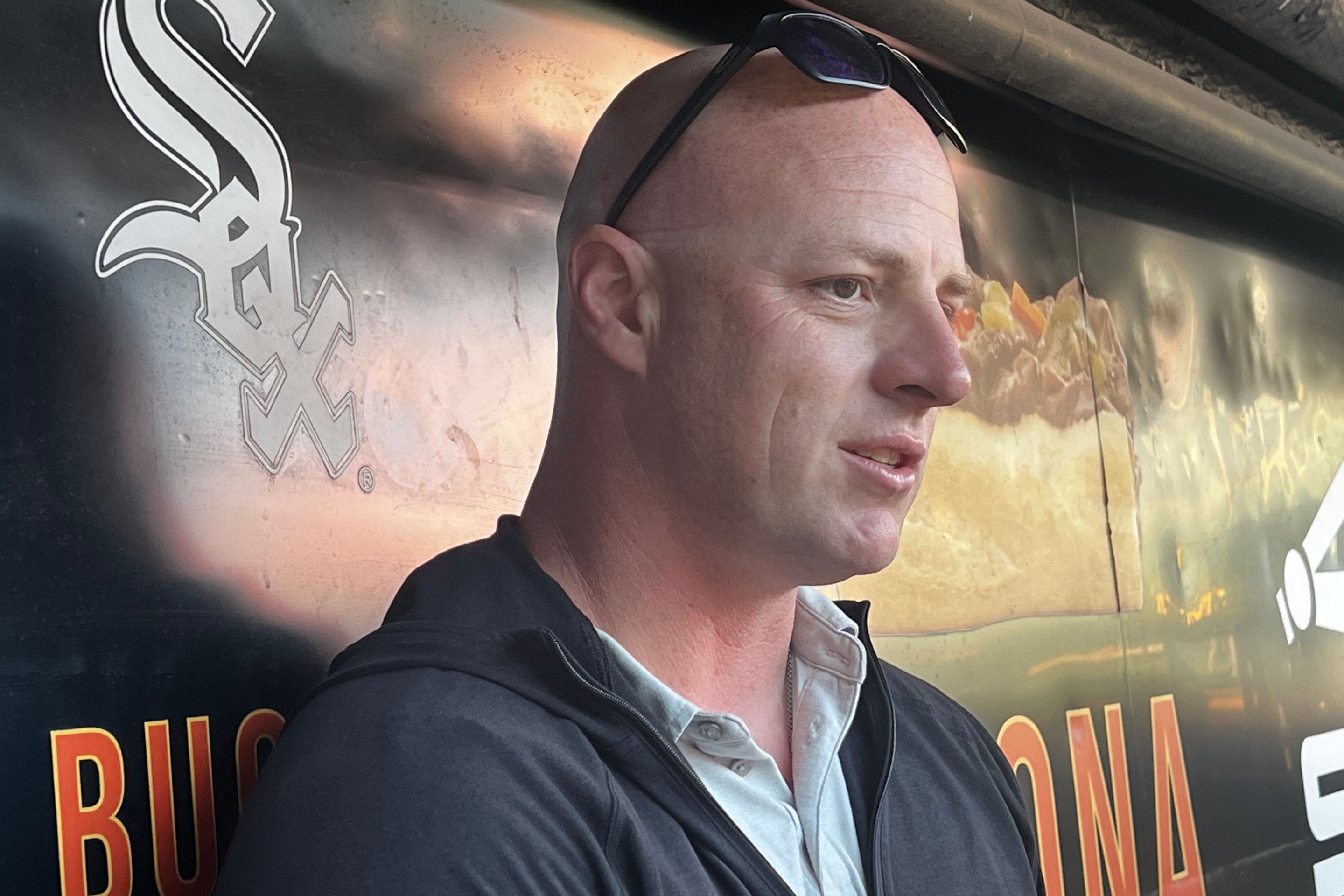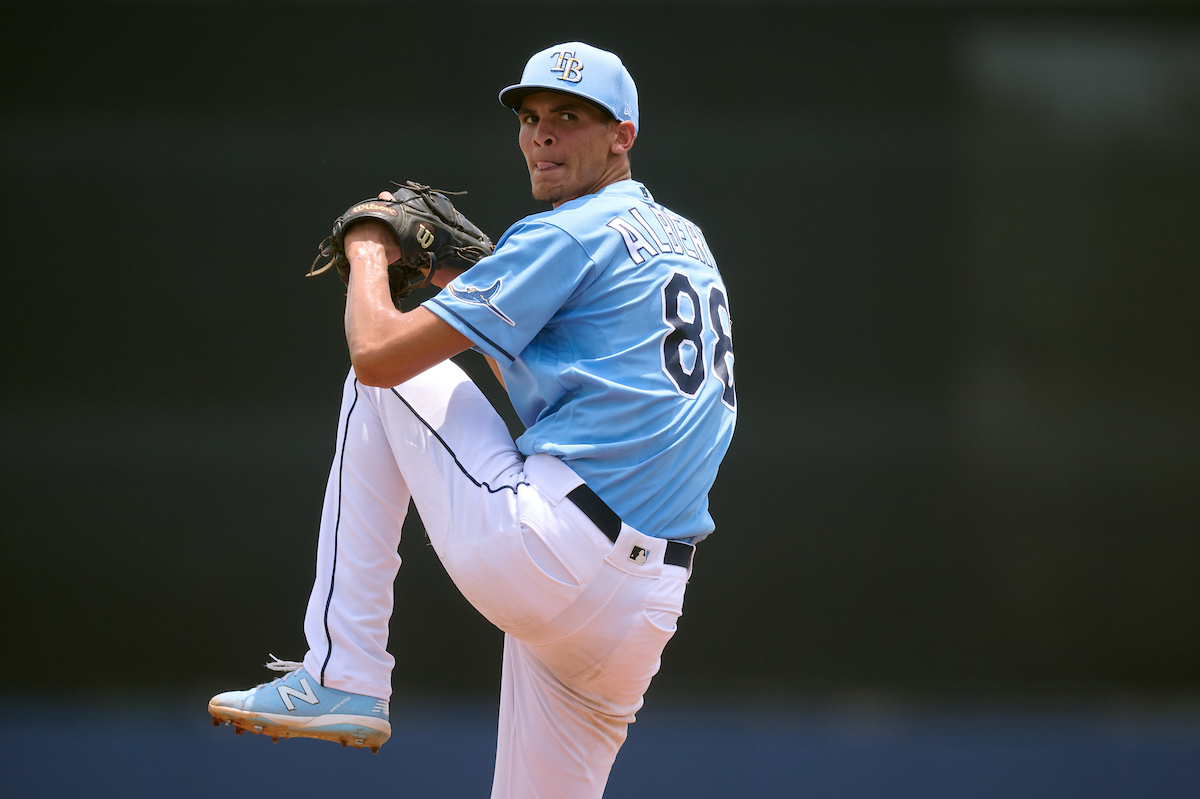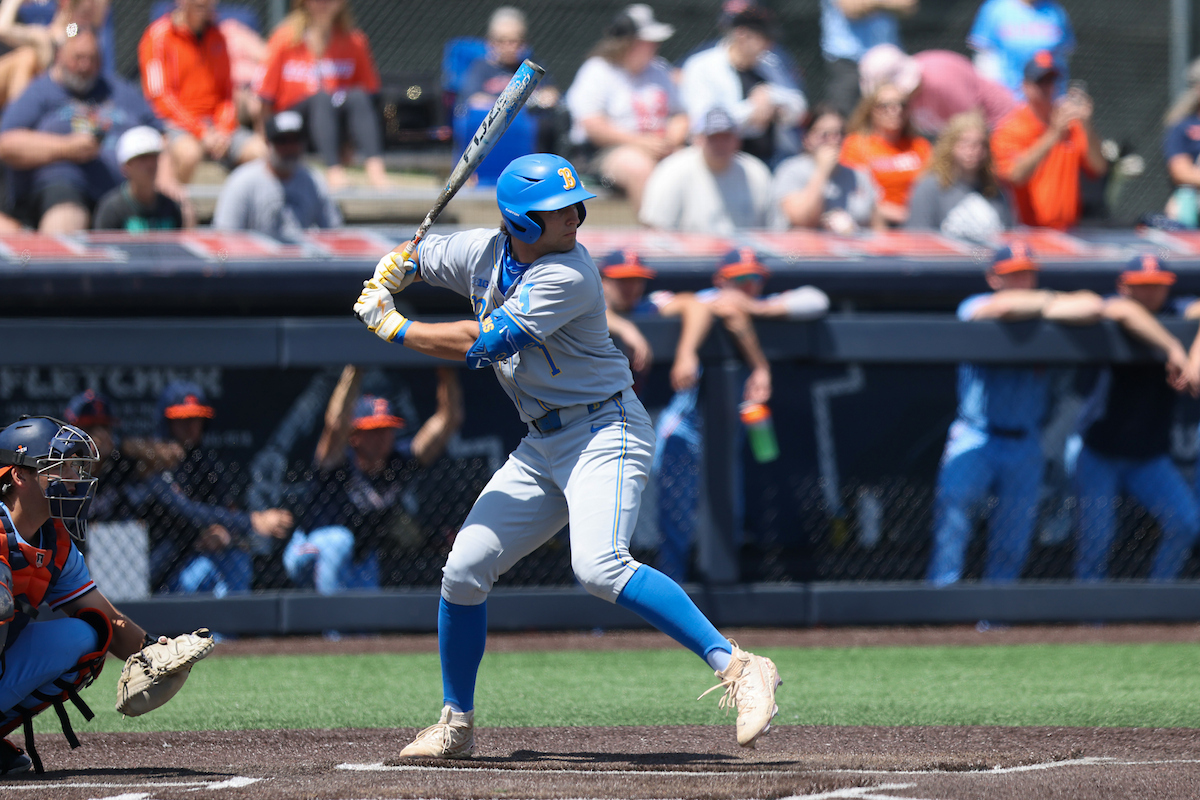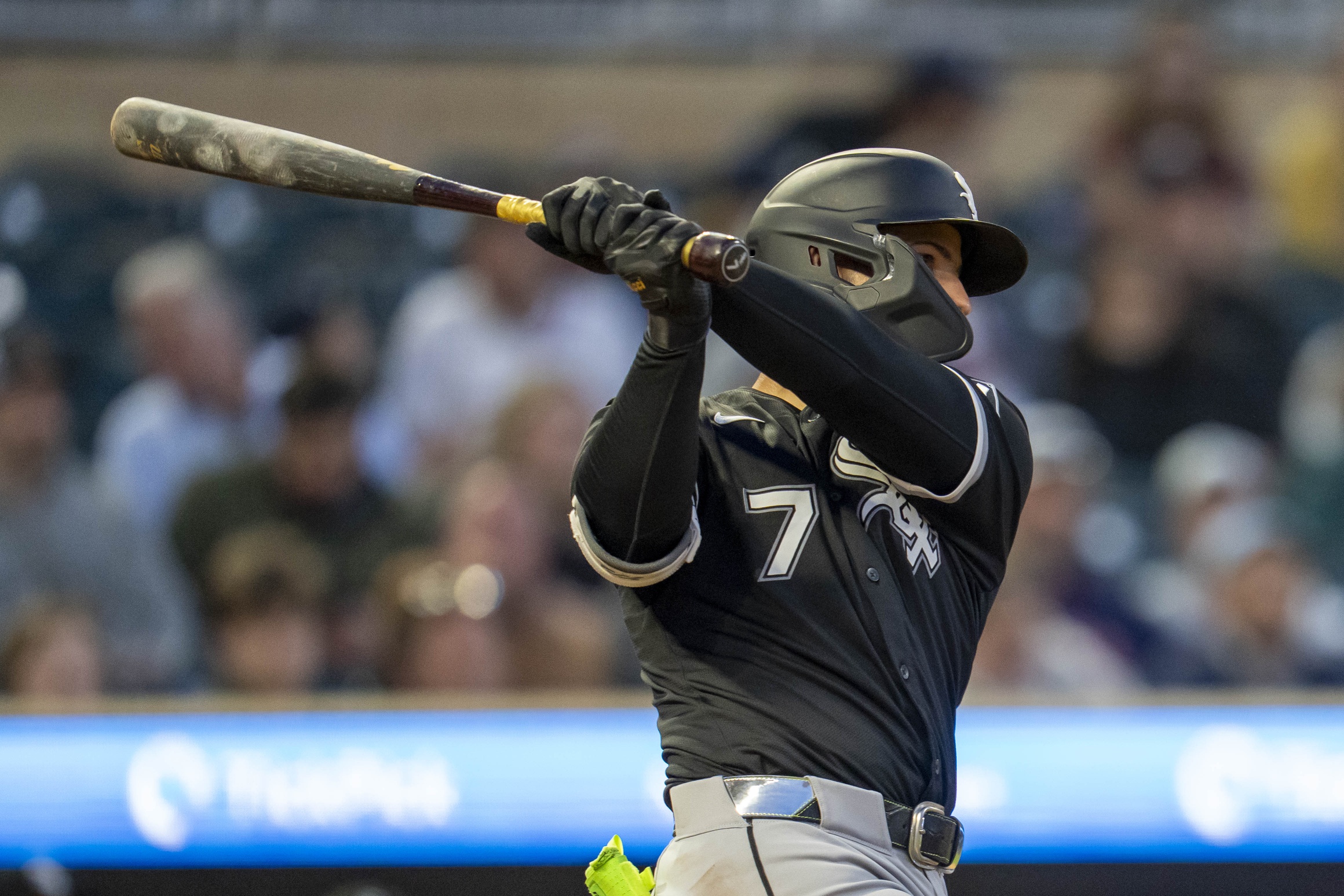Today's the last originally scheduled day of the 2024 regular season, although a doubleheader between the Braves and Mets looms on Monday if necessary.
That doubleheader could be eliminated if the Braves and Mets win while the Diamondbacks lose, because the Mets hold the tiebreaker over Arizona, and the doubleheader would only determine seeding for two teams that wouldn't have home field advantage unless they play each other in the NLCS. Otherwise, MLB.com has all the permutations for Atlanta, New York and Arizona outcomes to monitor when all games start at 2:10 p.m. CT.
The seeding for the fifth and sixth spots in the American League is up for grabs. Detroit holds a one-game edge over Kansas City, but if the White Sox manage to beat them while the Royals beat the Braves, KC would slip ahead because it owns the tiebreaker.
When it comes to individual numbers, Shohei Ohtani needs six homers and two steals to reach 60/60, which seems unlikely, but he trails San Diego's Luis Arraez by four points of batting average -- .314 to .310 -- for the missing piece of the Triple Crown, while Arraez is trying to win a batting title with a third different team, which has never been accomplished.
As for the White Sox, they can make their standing against the 1962 Mets more debatable with a win, because they'll have the edge in winning percentage. That's the only thing that's left in a cursed season.
Spare Parts
- Photos: The raucus, rebellious, tearful last stand of the Oakland A's -- San Francisco Chronicle
- Goodbye to the Oakland Coliseum, a stadium where unlikely figures could find their footing -- The Athletic
- The joy, sorrow and celebration of the final A's game in Oakland -- ESPN
Three items that stood out to me amid all the wonderful and infuriating retrospectives and commentaries of the Athletics abandoning Oakland . The first is a photo essay by Scott Strazzante, a former South Sider and Chicago Tribune photographer who found kindred spirits in the East Bay. The second is a piece by Eno Sarris, who says the A's unusual hodgepodge of underappreciated players meshed well with his unusual approach to baseball writing, and the third is a column by Tim Keown, who uses an economy of words to sum up the enormity and smallness of it all.
At this point, if there are still any fans who think Keith Law hates the White Sox, they'd be right there along with him, but here's a fresh example of him reevaluating his read of Garrett Crochet. That said, if anybody predicted the kind of immediate, consistent success Crochet ended up enjoying, they should be working in a front office.
I'm confident that Ron Washington would not have been able to reverse the White Sox's fortunes if they hired him instead of Pedro Grifol, but it would've been funnier sooner with assessments like this:
“We’re going to get some baseball players who may not be superstars, but they know how to play,” Washington said. “We forgot to bring real baseball players into the organization. Nothing against those guys here, but they’re not big-league baseball players and they certainly can’t help us win a championship.”
In yet another national takedown of the White Sox, Stephanie Apstein gives us a new specific example of how the White Sox's interpretation of analytics is years behind the industry:
While other teams invest in proprietary data systems, says another former White Sox player, Chicago distributes general scouting reports made up mostly of opponents’ heat maps that disregard different pitch profiles. “Just because he's a lefty doesn’t mean that this hitter is going to swing and miss at a sinker down and away,” he says. “[A teammate’s] sinker’s got 20 inches [of run] and is breaking down. Mine's only breaking horizontally.” He notes that he is describing an organizational problem, not complaining about the staff: “With the resources [pitching coach Ethan] Katz has,” he says, “he does a really good job.”
The Cardinals, who used to be great at calling up players you'd never heard of who hit the ground running, now struggle to incorporate their top prospects. One potential culprit: underinvestment in the minors, including a paucity of minor-league coaches that highlight the importance of coordinators.
John Schriffen hadn't tweeted since early August, and Scott Merkin's article says that he doesn't use it anymore. That's for the best for so many reasons, but specific to him, the combination of his early stumbles and extreme defensiveness emanated immaturity. The broadcasts still have a long way to go, but at least they eased up on being actively off-putting.
It's hard to say Bryce Harper has been relegated to first base due to arm issues, because he still has a .900 OPS and has embraced the social nature of the position. If I could run one alternative simulation, it might be putting Harper on the White Sox in 2019 and seeing whether he's the galvanizing force the team never had, or whether being on the South Side sinks him as well.
And to cap it off, this clip of Nick Castellanos explaining what it's like to play for the combination of a benevolent owner and a confident GM has me pulling for the Phillies in October once again.
